Table of Content
In today’s fast-changing world of search engine optimization (SEO), using the right keywords is key to ranking higher and driving the right traffic to your website. One effective strategy for improving content performance is leveraging LSI keywords, or Latent Semantic Indexing keywords. These are related terms and phrases that help search engines better understand the context of your content, making it easier to attract a broader audience and meet user intent. Conducting LSI keyword research allows you to identify these related terms, ensuring your content aligns with what users are searching for and improving your chances of ranking well on search engines.
Though there’s ongoing debate about whether Google directly uses LSI technology, the concept of enriching your content with semantically related keywords remains crucial for modern SEO. By including synonyms, relevant phrases, and natural variations of your main keywords, you can create high-quality, engaging content that ranks higher and keeps readers interested.
Want to improve your SEO strategy?
Focus on creating contextually rich content that balances keyword usage with readability. This guide will explain what LSI keywords are, why they matter, and how you can use them to boost your search rankings in 2025 and beyond. Unlock the power of LSI keywords to take your SEO game to the next level!
guide will explain what LSI keywords are, why they matter, and how you can use them to boost your search rankings in 2025 and beyond. Unlock the power of LSI keywords to take your SEO game to the next level!
What Are LSI Keywords?
LSI keywords, or Latent Semantic Indexing keywords, are terms and phrases closely related to your primary keyword. They provide additional context to your content, helping search engines like Google better understand your page’s topic and improve your search rankings.
For example:
If your primary keyword is “apple,” LSI keywords could include “iPhone,” “MacBook,” “fruit,” or “healthy nutrition,” depending on the context of your content.
Using LSI keywords strategically can boost SEO, improve content relevancy, and drive more organic traffic to your website. You can also use tools to find LSI keywords to strengthen your strategy.
The Origins of LSI Keywords What is Latent Semantic Indexing (LSI)?
Latent Semantic Indexing (LSI) is a natural language processing (NLP) technique developed in the 1980s. It uses mathematical algorithms to analyze the relationships between words and concepts in a document. This helps identify context, related terms, and synonyms.
While LSI was originally designed for smaller, static document collections, it wasn’t built to handle the dynamic and large-scale nature of modern web content like the internet.
Why is LSI Important for Search Engines?
Early search engines relied on exact keyword matching, which often caused problems with understanding synonyms or words with multiple meanings (known as polysemic words).
LSI helped solve these challenges by identifying relationships between words, improving the accuracy of search results, and enhancing information retrieval.
By understanding LSI and how it works, you can better optimize content for search engines by including relevant keywords, synonyms, and semantic terms that improve context and ranking potential.
Does Google Use LSI Keywords?
No, Google has confirmed that LSI (Latent Semantic Indexing) keywords are not part of their ranking algorithms. Instead, Google relies on advanced technologies to understand content context and search intent more effectively. These include:
- Natural Language Processing (NLP): Enables Google to analyze the meaning and intent behind your content, delivering more accurate and relevant search results.
- Knowledge Graph: Connects entities like people, places, and topics to identify relationships and enhance search relevance.
- AI and Machine Learning: Tools like RankBrain and BERT help Google interpret search intent, word associations, and semantic context more precisely.
To improve your Google rankings, focus on creating high-quality, relevant content that aligns with user intent. Relying on outdated concepts like LSI keywords is unnecessary in today’s search landscape.
Why Do People Still Refer to LSI Keywords?
The term “LSI Keywords” is often misunderstood in modern SEO, but many marketers still use it to refer to related keywords or semantically relevant keywords. These are words and phrases that add context, improve content relevance, and help search engines better understand your topic. Using related keywords effectively can boost your SEO strategy by enhancing your content’s depth and search visibility.
Benefits of Using Semantically Related Keywords Boost Contextual Relevance
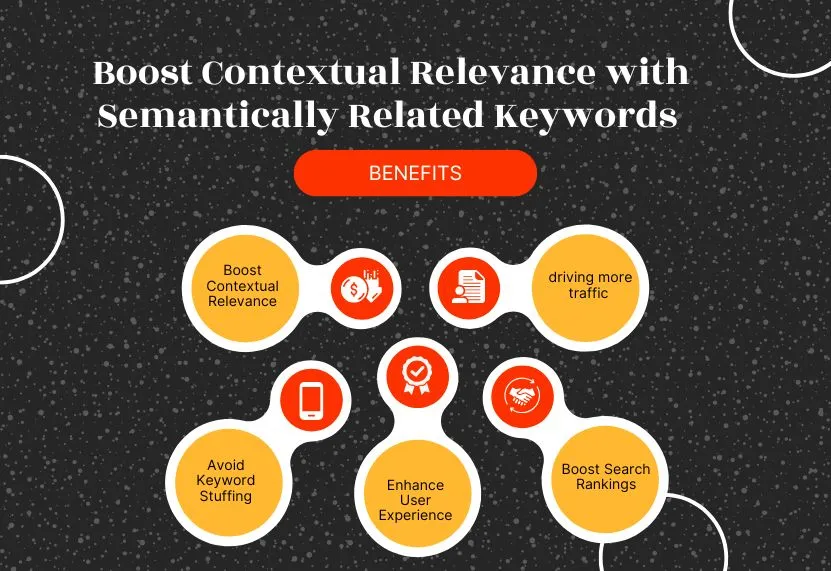
Incorporating related keywords helps search engines recognize that your content offers comprehensive coverage of a topic. For instance, a blog about “cold brew coffee” could naturally include terms like “iced coffee,” “coffee brewing tips,” “best coffee beans,” and “how to filter coffee.”
Avoid Keyword Stuffing
Rather than overloading your main keyword, use synonyms and related phrases seamlessly. This not only enhances readability but also improves your SEO performance.
Enhance User Experience
Creating content that answers a wide range of related questions keeps readers engaged, lowers bounce rates, and increases time spent on your site.
Boost Search Rankings
By integrating related terms, your content can rank for multiple search queries, expanding your reach and driving more traffic.
Follow these tips to optimize your content for SEO while delivering a better user experience. Leveraging LSI (Latent Semantic Indexing) keywords and learning where to generate them can significantly elevate your content strategy.
How to Find Semantically Related Keywords Use Google Autocomplete for Keyword Ideas

Start by typing your primary keyword into Google’s search bar and reviewing the autocomplete suggestions. These are popular search phrases directly tied to your topic, offering valuable insights into what users are actively searching for.
Leverage Google’s Related Searches
Scroll to the bottom of the search results page to uncover related keywords and phrases. These suggestions reveal additional angles and ideas to enrich your content strategy.
Tap into the “People Also Ask” Section
Google’s “People Also Ask” feature is a goldmine for finding commonly asked questions related to your keyword. Use these insights to understand user intent and create content that directly addresses their needs.
Use LSI Tools to Generate Keywords
Tools like LSI Graph or Ubersuggest can help you find semantically related keywords to enhance your content. Incorporating these keywords improves context and ensures your content aligns with user expectations.
Analyze Competitors with SEO Tools
Platforms like Ahrefs, SEMrush, and SurferSEO allow you to study the top-ranking pages in your niche. Use these tools to identify high-performing keywords and related terms that can inform your strategy.
Explore Knowledge Bases
Websites like Wikipedia and Google’s Knowledge Graph provide a wealth of information on related topics, entities, and connections. These resources can help you build comprehensive, well-rounded content.
By integrating these strategies, you can optimize your keyword research process, enhance your SEO performance, and drive more traffic to your website. Mastering LSI keyword research will not only improve your rankings but also set you apart in a competitive digital landscape.
Where to Use Related Keywords Title Tags and Meta Descriptions:
Enhance your click-through rates (CTR) and content relevance by incorporating related keywords and semantically connected terms.
Headings and Subheadings:
Use H2 and H3 tags to include relevant keywords, improving SEO while creating a clear, readable content structure.
Integrate keywords naturally throughout your content to maintain a smooth flow, enhance readability, and boost SEO performance.
Optimize accessibility and search rankings by using descriptive, keyword-rich alt text for all images.
Strengthen your website’s structure by using keyword-rich anchor text to interlink related pages effectively.
By focusing on these strategies, you can create meaningful, optimized content that engages readers and improves search engine visibility.
Myths About LSI Keywords “LSI Keywords Boost Rankings Automatically”:
Search engine rankings are influenced by multiple factors, including content quality, keyword relevance, backlinks, and user engagement signals—not just by stuffing pages with related keywords. While conducting LSI (Latent Semantic Indexing) keyword research can help, it’s not a standalone solution.
Debunking Common SEO Myths:
- “Google Explicitly Uses LSI Technology”: Contrary to popular belief, Google does not use LSI in its search algorithms. Instead, it employs advanced semantic analysis tools to better understand content and user intent.
- “Keyword Density Matters”: Overusing keywords, even relevant ones, can harm readability and trigger SEO penalties. Prioritize clear, user-friendly content while optimizing keywords naturally.
Practical Example for Organic Gardening SEO:
- Primary Keyword: “Organic Gardening”
- Secondary Keywords: “Composting,” “Natural Pesticides,” “Raised Beds,” “Organic Soil,” “Heirloom Seeds,” “Crop Rotation”
Optimized Content Example:
- Title: Top 10 Tips for Successful Organic Gardening
- Subheading: Why Natural Pesticides Are Essential for Organic Gardening
- Body Text: Organic gardening focuses on nurturing plants without relying on harmful chemicals. By adopting sustainable practices like composting, crop rotation, and natural pest control, gardeners can foster healthier ecosystems. Raised beds filled with nutrient-rich organic soil enhance plant growth, while heirloom seeds add diversity and quality to your harvest. With these methods, organic gardening becomes an accessible and fulfilling way to grow fresh, healthy food.
By focusing on readability, relevance, and user intent, your SEO strategy can yield long-term success while delivering value to your audience.
Best Practices for Using Related Keywords Write Naturally for SEO Success:
Use keywords naturally in your content without forcing them. Keywords should flow seamlessly to improve readability and rankings.
Focus on User Search Intent:
Understand what your audience is searching for and create content that directly answers their questions or solves their problems.
Optimize Content for Voice Search:
Incorporate long-tail keywords and conversational phrases to match how people speak when using voice assistants like Siri or Alexa.
Analyze Competitor Pages for Keyword Ideas:
Review high-ranking competitor content to identify keyword gaps and opportunities to improve your own SEO strategy.
Update and Refresh Old Content:
Regularly update older posts with new keywords and relevant information to keep your content fresh and boost rankings.
Conclusion
Although the term LSI Keywords is outdated and not directly used by Google, the strategy of including related keywords and phrases in your content remains a fundamental practice for achieving SEO success. By incorporating relevant terms that naturally align with your topic, you help search engines better understand the context and intent of your content, making it more likely to rank for relevant queries. This approach not only boosts your content’s relevance but also improves the user experience by ensuring the material is comprehensive and informative.
In today’s competitive digital landscape, optimizing your content with semantic keywords—keywords that reflect the meaning and relationships of your primary topic—is a proven way to enhance rankings, drive organic traffic, and future-proof your SEO strategy for 2025 and beyond. By focusing on creating content that answers user intent and includes varied, meaningful terms, you position your website as an authoritative resource in your niche.
FAQs
Q. What are semantic keywords, and why are they important for SEO?
Semantic keywords are terms and phrases related to your main topic that help search engines understand the context of your content. Using them improves your content’s relevance, enhances user experience, and increases the likelihood of ranking for relevant search queries.
Q. Is using LSI keywords still a valid SEO strategy?
The term “LSI keywords” is outdated and not directly used by Google, but the practice of including related keywords and phrases is still essential. This approach helps search engines identify the intent and context of your content, improving its chances of ranking higher.
Q. How can I optimize my content with semantic keywords?
To optimize your content, research related keywords that align with your primary topic, ensuring they’re naturally incorporated into your writing. Focus on addressing user intent, creating comprehensive content, and using varied terms to position your site as an authoritative resource.
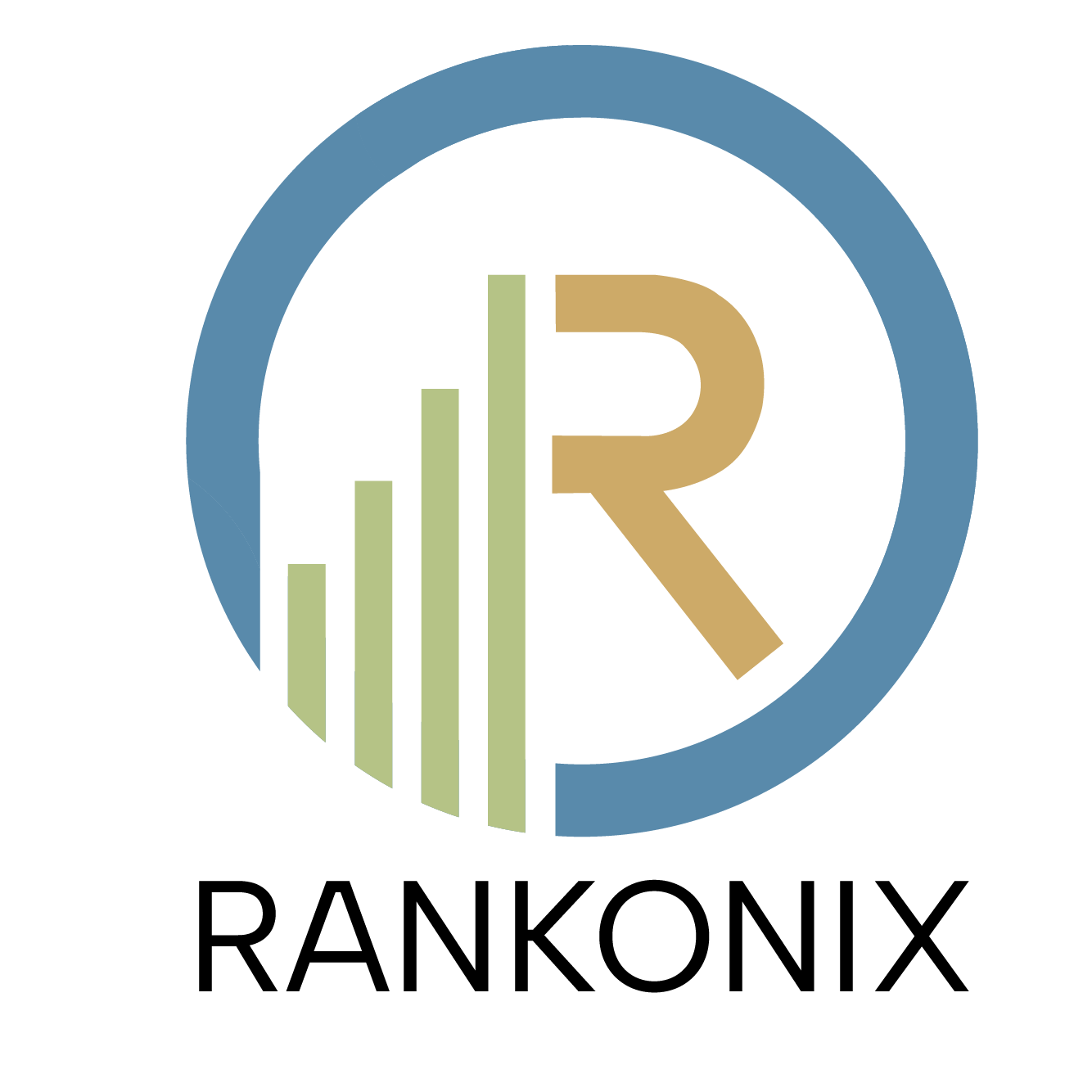
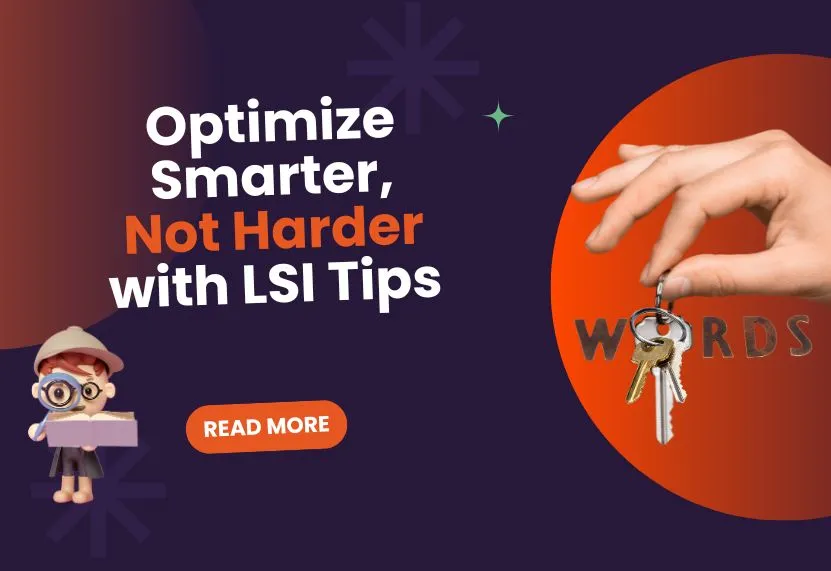


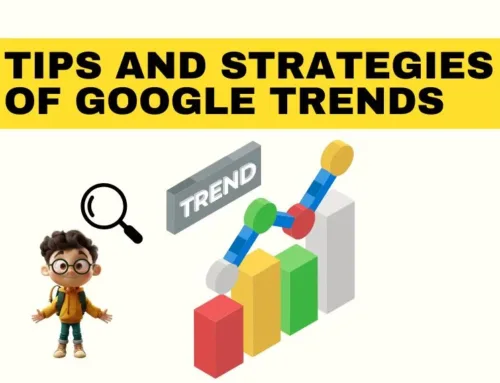



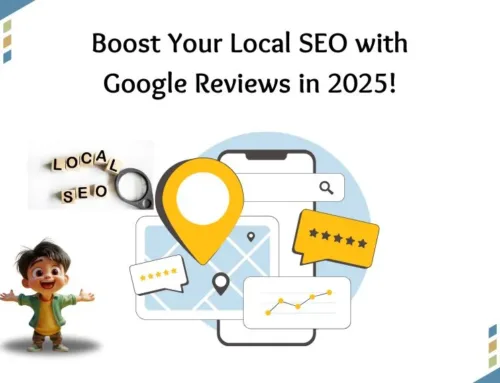
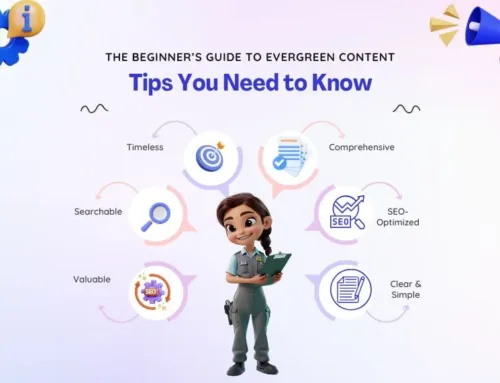
[…] like keyword suggestions, search volume data, competition analysis, and trend insights. These features help you find the best keywords to target, giving you a competitive […]
[…] your main keyword right at the start of your title tag. Why? Google notices it faster, and readers see what your page […]
[…] user intent is crucial for effective guest blogging SEO. Research and use Latent Semantic Indexing (LSI) keywords such as guest blogging websites, and guest post submission sites throughout your content […]
[…] and automation, finding the perfect fit for your needs can feel overwhelming. Some tools focus on keyword tracking, while others excel at site audits or competitor analysis. The challenge is knowing which features […]
[…] Trends is a powerful, free tool that enhances your keyword research by analyzing popular search queries. It helps you discover trending topics, understand seasonality, […]